Pakistan’s deepening security and economic risk
Pakistan’s economic mismanagement and support for terrorism will leave its economy in a hole – and imperil the multibillion dollar China-Pakistan Economic Corridor
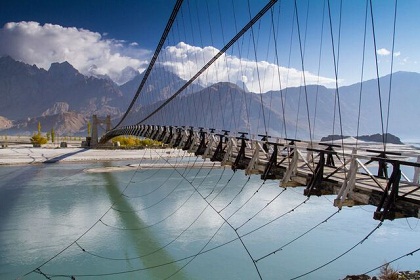 Courtesy: The Third Pole
Courtesy: The Third Pole
Pakistan’s economic mismanagement and support for terrorism will leave its economy in a hole – and imperil the multibillion dollar China-Pakistan Economic Corridor
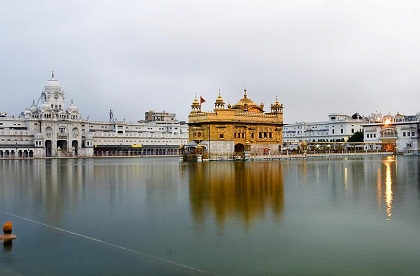 Courtesy: Flickr
Courtesy: Flickr
Radical Sikh elements within the Indian diaspora have found the permissive political climate in Canada, North America and Europe conducive to building a support base in their respective countries, while donations from gurdwaras abroad and social media propaganda have fuelled separatist efforts in Punjab. India may have to step with care, containing the hostile propaganda, yet not appearing too stern in its response
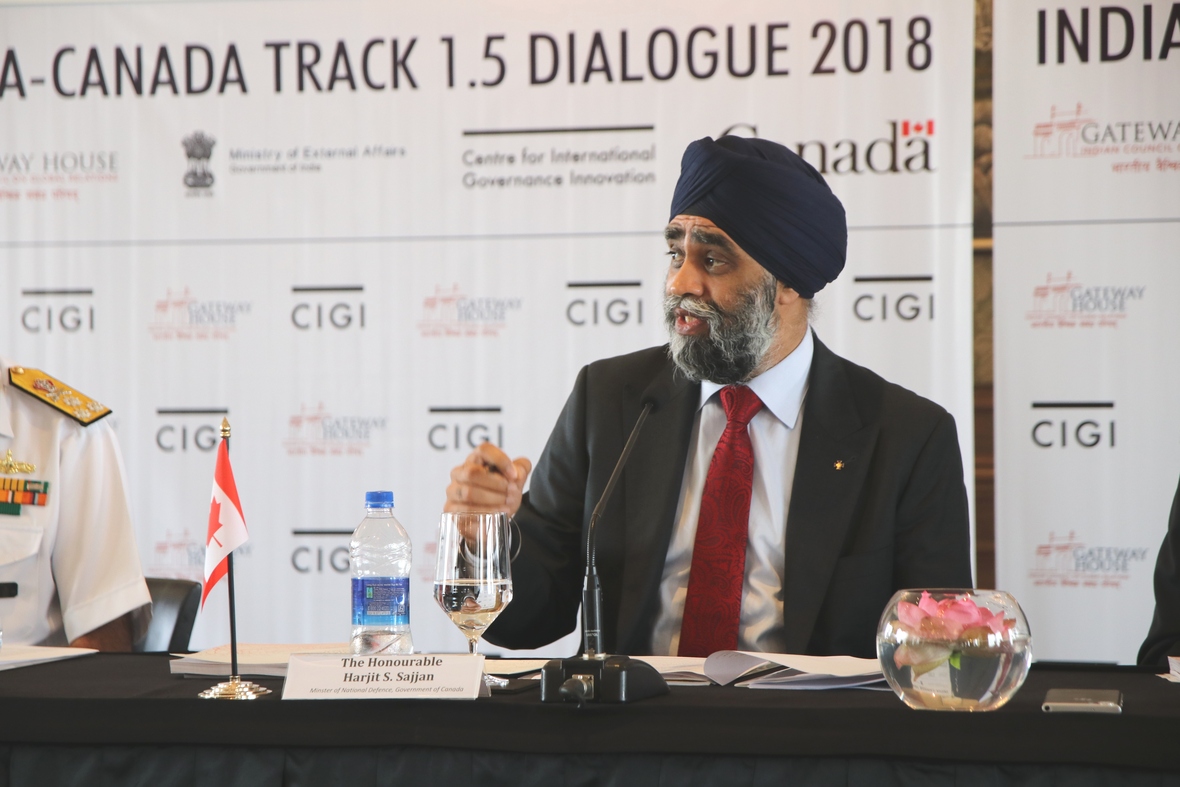 Courtesy: Gateway House
Courtesy: Gateway House
Canadian Minister for National Defence, Hon'ble Harjit S Sajjan, discusses contemporary security issues, international peacekeeping, bilateral defence ties, and geopolitical arenas, relevant to India, Canada, and the world. More specifically, he converses about prospects of peace in Afghanistan, the geopolitics of and Canadian sovereignty over the Arctic, UN peacekeeping programs initiated by Canada, focus areas for India and Canada defence relations, and the Quad initiative.
 Courtesy: Sameer Patil & Shah Maieen
Courtesy: Sameer Patil & Shah Maieen
A recent trip to Cox’s Bazar showed that despite numerous health, social and security challenges, the Rohingya refugees are reluctant to return to Myanmar. India will have to walk a tightrope, keeping in mind humanitarian, security, and geopolitical priorities
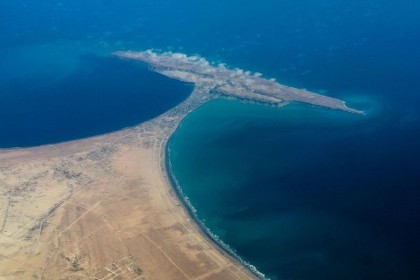 Courtesy: pakchina.pk
Courtesy: pakchina.pk
Gwadar has lain in relative obscurity since 1958 when Oman sold it to Pakistan. It was only 50 years later that the Chinese ‘rediscovered’ it. Pakistan and China have much to learn from the British experience of this strategic asset
 Courtesy: Pakistan Times
Courtesy: Pakistan Times
As Pakistan prepares for general elections, its Army is working to bring terrorist and radical religious groups into the political mainstream. Its leisurely response to recent anti-blasphemy protests by the Tehreek Labaik Ya Rasool group and release of terrorist mastermind Hafiz Saeed are a part of this strategy
 Courtesy: Debating Security Plus
Courtesy: Debating Security Plus
From 26-28 September, Brussels-based think tank, Friends of Europe organised an online brainstorming on global security issues called Debating Security Plus 2017. As part of this, Gateway House moderated the discussion on hybrid and asymmetric warfare. Below is the summary of that discussion, from the final report of the Debating Security Plus.
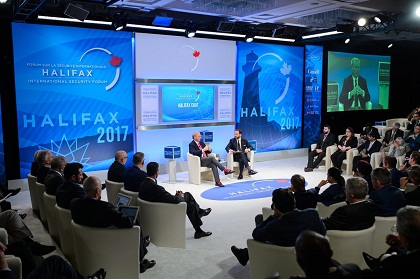 Courtesy: Halifax Conference Twitter
Courtesy: Halifax Conference Twitter
The Halifax International Security Forum offered western policy makers and strategic analysts a chance to reflect on the state of the trans-Atlantic security alliance, especially with the United States under the Trump administration, its relations with Russia, and China’s peaking global ambitions
 Courtesy:
Courtesy:
The removal of 11 top ministers in the Riyadh government last week by the young crown prince Mohammad bin Salman, is a geopolitical upheaval, the implications are serious. Domestically, the kingdom is seeking to liberalise its conservative society and move away from oil-dependency – evident from the expected listing of its crown jewel Aramco. For India, which imports oil largely from West Asia, instability could cause a spike in prices, leaving less for its ambitious reforms. Globally, there is now space for new alignments – in the Great Power plays, in the Shia-Sunni rivalry, and in the war on terrorism.
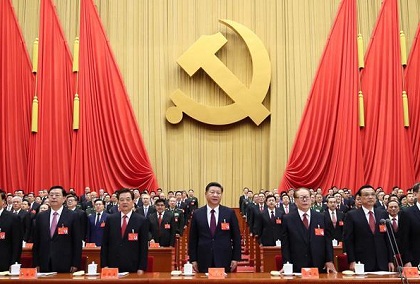 Courtesy:
Courtesy:
For the last fortnight, the world has been captivated by the events of the 19th National Congress of the Communist Party of China, which elevated Chinese President Xi Jinping to the status accorded to Chairman Mao. Xi Jinping has consolidated his position in the CCP, strengthened his hold over the country and provided a policy road-map for the next five years. 'Xi' Jinping Thought' is now enshrined In the Chinese Constitution just as firmly as was 'Mao Zedong Thought'.